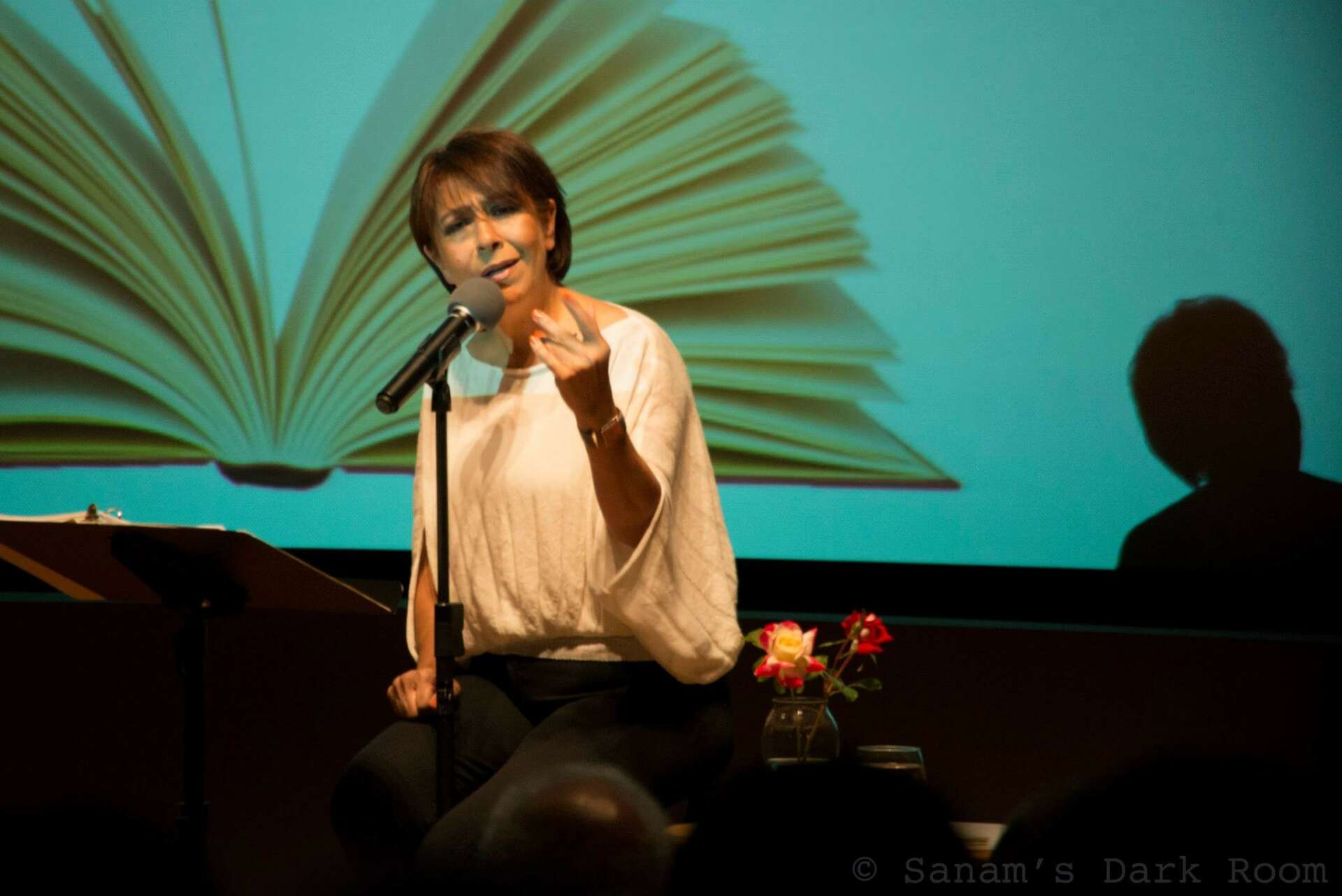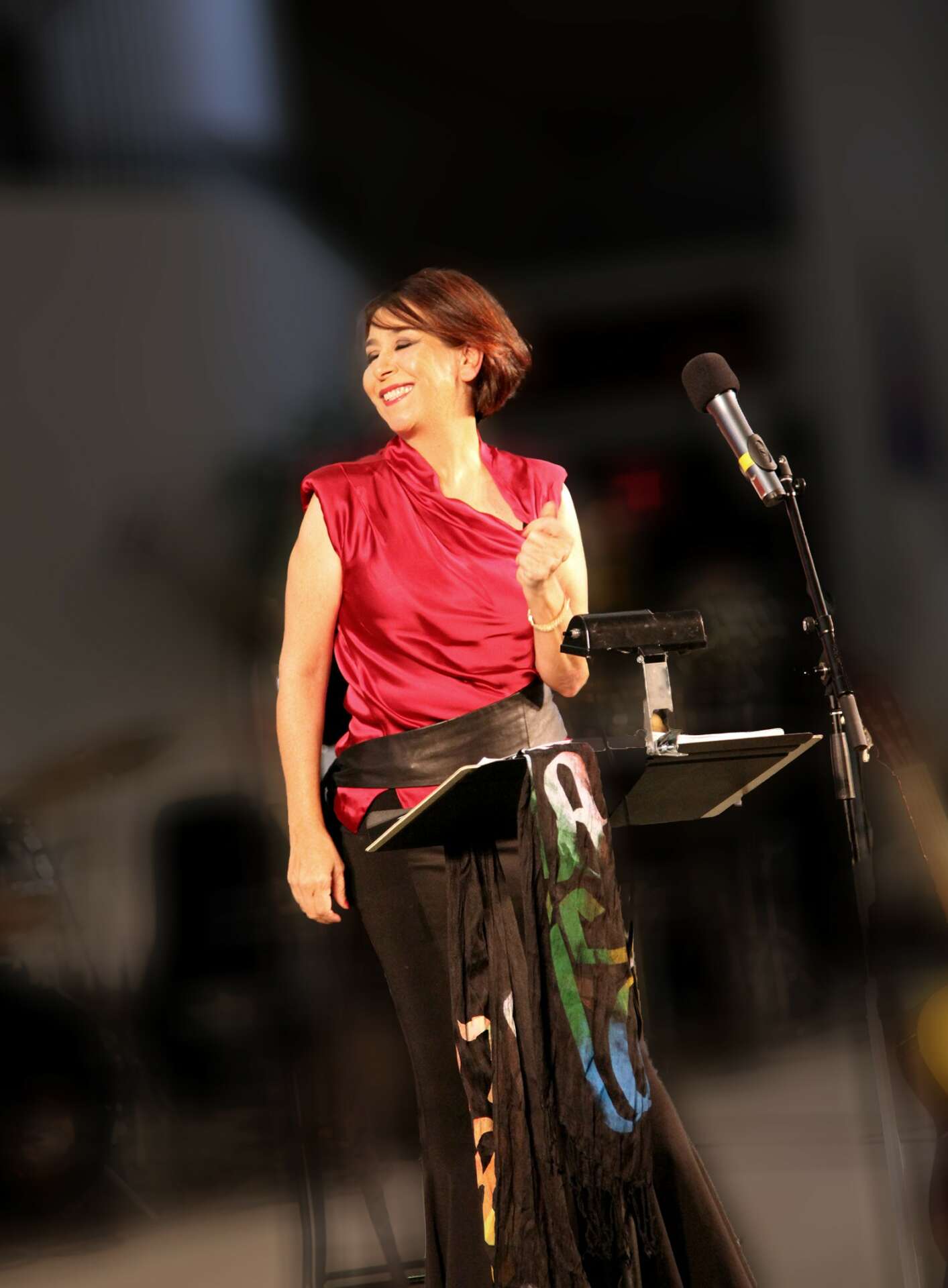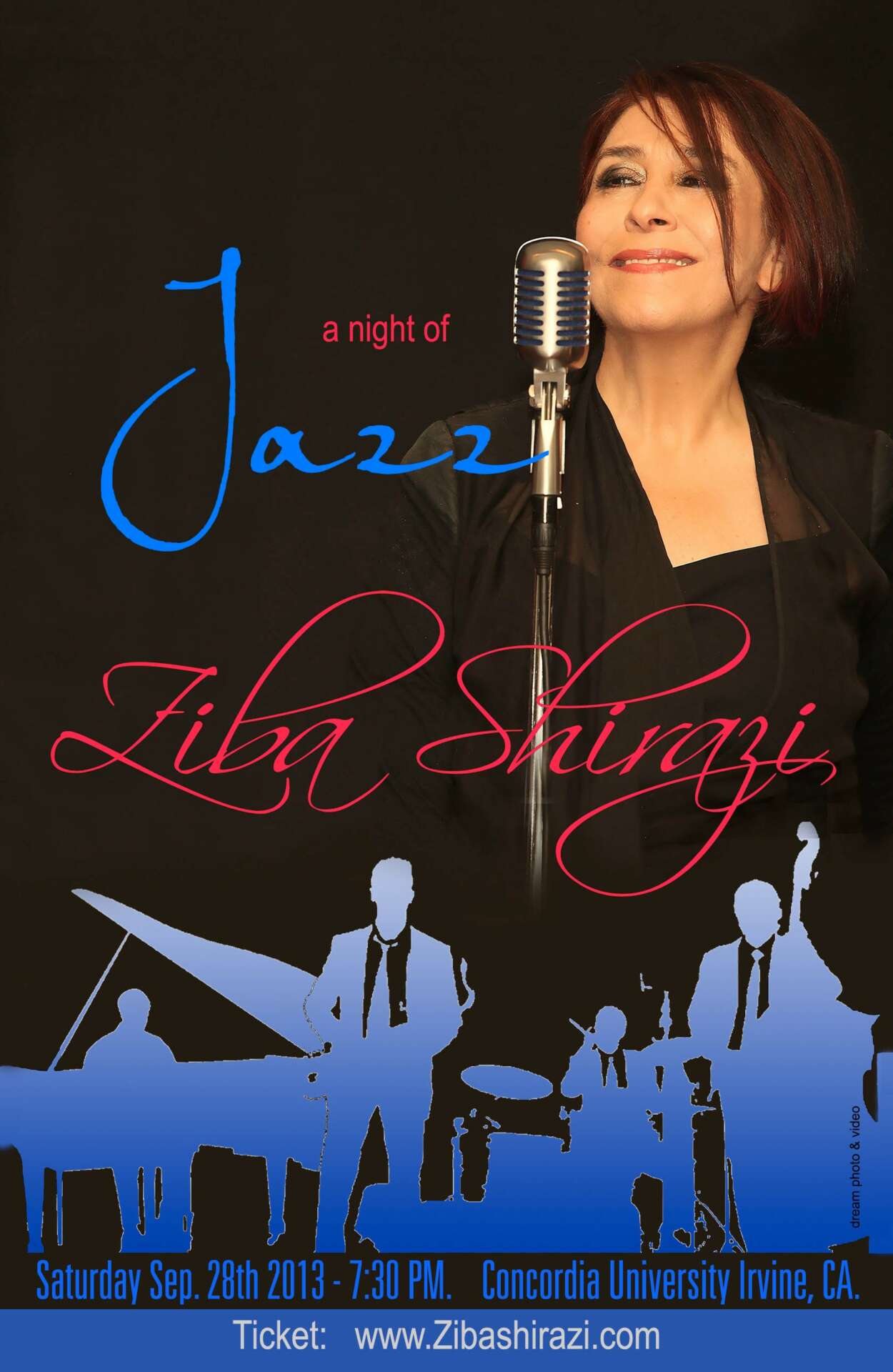We’re excited to introduce you to the always interesting and insightful Ziba Shirazi. We hope you’ll enjoy our conversation with Ziba below.
Hi Ziba, thanks for joining us today. We’d love to hear about a project that you’ve worked on that’s meant a lot to you.
A couple of years ago, I was inspired by a ninety-five years old lady to start an honoring project. She asked her children not to wait for her funeral day to show their appreciation; and celebrate her life when she was with them. I went to live with her for almost a week and recorded her life story, gathered meaningful pictures, and performed her life story on her 95th birthday, with 350 of her family members and friends. As she told me later, “That was the best night of my life”.

Awesome – so before we get into the rest of our questions, can you briefly introduce yourself to our readers.
I am an Iranian‐American writer, singer, songwriter, and storyteller who left Iran for the United States in 1985. I am the first Iranian female singer-songwriter who wrote all my songs and single-handedly produced and promoted my seven albums since 1990 despite all the obstacles. As a Poet and music artist, I am best known for my poignant songs and storytelling through poetry. And referred to as the ‘Voice of Women in the Iranian community,
In the spring of 2014, I staged my first musical production, Spring Love, at the Los Angeles County Museum of Art and following years at Soka Performing Arts Center, and Irvine Barclay Theatre.
In 2009, I created Story & Song, a lyrical storytelling performance set to live music with video projections featuring stories of Iranian immigrants and their struggles since the Islamic Revolution. This project, the subject of my Master’s thesis in Performance and Communication at California State University in Los Angeles, has been performed across the US and Canada. Co-authored with Dr. Kamran Afary, my research was published in 2020 by Rowman and Littlefield as a textbook entitled “Iranian Diaspora Identities: Stories and Songs.” This book combines oral history, storytelling, and song lyrics with ethnographic research in communication and performance studies. Reviewers have called it a unique archive of the history of contemporary Iranian diaspora experiences.
The path for artists, especially female artists, is not easy; I worked hard for every baby step I took.

What’s the most rewarding aspect of being a creative in your experience?
In concerts: When I see people leaving the venue smiling and joyfully. In storytelling performances: When I see they connect to the story I am telling that takes them to their life journey.
In honoring performances: When I see all children and grandchildren get together to share their love and compassion with the elderly.
In memoir writing classes: When I see the healing of a long-lasting wound.

What can society do to ensure an environment that’s helpful to artists and creatives?
Planning and preparing an event IS NOT EASY; buy tickets, go to performances, that is the easiest way to support artists, Get a CD as a gift instead of a box of chocolates!

Contact Info:
- Website: www.zibashirazi.com
- Instagram: https://www.instagram.com/zibashirazi/
- Facebook: https://www.facebook.com/zibashirazi
- Youtube: https://www.youtube.com/zibashirazi
- Other: https://linktr.ee/zibashirazi
Image Credits
Sanam Salehian


